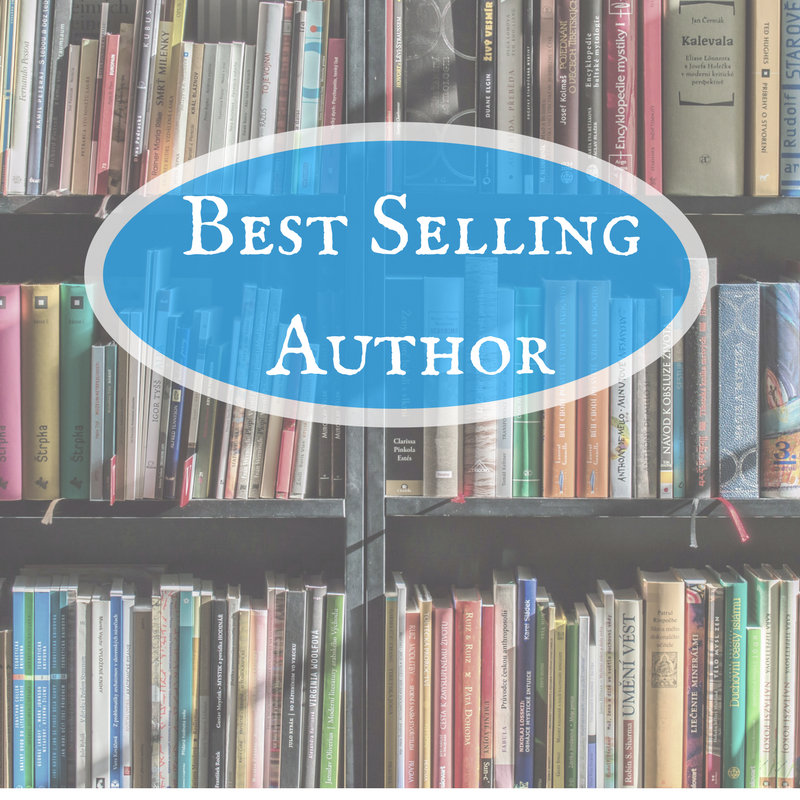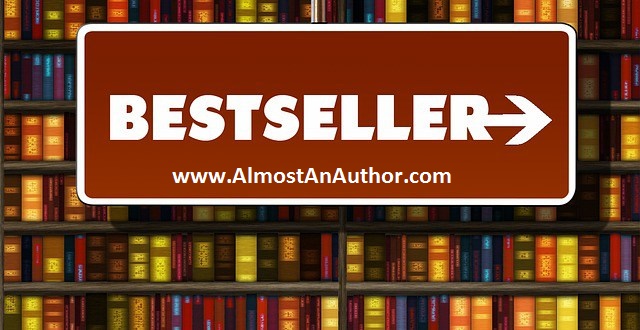
Bestsellers
Bestselling Author Interview – Jolina Petersheim
Jolina Petersheim is the bestselling author of How the Light Gets In, The Alliance, The Midwife, and The Outcast, which Library Journal called “outstanding…
May 1, 2019
Jolina Petersheim is the bestselling author of How the Light Gets In, The Alliance, The Midwife, and The Outcast, which Library Journal called “outstanding…
May 1, 2019
“Can I really compare my book with a bestselling author’s book?” “Why do I need this? Won’t I shine…
October 25, 2018
I love cats, coffee, chocolate, and long walks on the beach, especially if the beach has sea glass. My…
May 25, 2018
Can you share a little about your recent book – My last book is titled TREASURED GRACE and it’s…
June 1, 2017